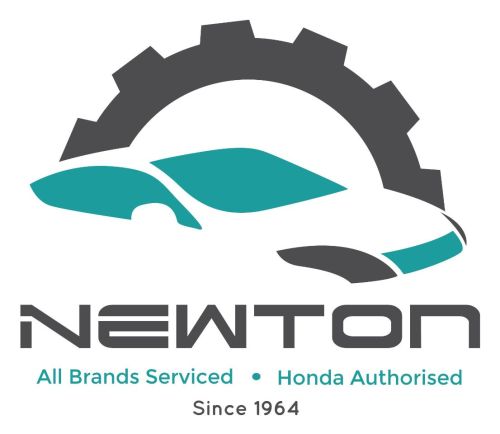Brakes & Clutches at Newton Honda Limited, Croydon
Recognising Brake Problems:
Car brakes are undoubtedly one of the most critical safety systems in any vehicle. They play a pivotal role in ensuring your safety and that of others on the road. Understanding how brakes work and the importance of their maintenance is essential for every driver.
Several indicators can signal potential brake issues:
- Spongy Brake Pedal: If your brake pedal feels soft or spongy, it could indicate air in the brake lines or a fluid leak.
- Extended Stopping Distance: When your vehicle takes longer to stop, it's a clear sign of compromised brake effectiveness.
- Grinding or Squealing Noises: Unusual sounds, such as grinding or squealing, may suggest worn brake pads or other brake system components.
- Vehicle Pulls to One Side: If your car veers to one side when braking, it could be due to uneven brake pad wear or a brake caliper issue.
- Juddering or Vibrations: Vibrations emanating from the brake pedal can indicate warped brake rotors or uneven brake pad wear.
- Overly Sensitive Brakes: Brakes that grab even with slight pedal pressure may be a symptom of an underlying problem.
- Brake Warning Light: If the brake warning light illuminates on your dashboard, it's a clear signal that something within the braking system requires attention.
Maintaining Your Clutch:
The clutch in your car is a critical component that plays a central role in the driving experience, especially in vehicles with manual transmissions. Understanding how the clutch works and its importance can help you appreciate its role in maintaining a smooth and efficient ride.
To ensure the longevity and performance of your clutch, consider the following maintenance tips:
- Smooth Shifting: Practice smooth and deliberate gear changes. Avoid "riding" the clutch pedal, which involves keeping it partially depressed for extended periods, as this can cause unnecessary wear.
- Proper Adjustment: Ensure that your clutch pedal's engagement point is correctly adjusted to your preference. An adjustment that's too high or too low can affect driving comfort and control.
- Regular Inspections: Periodic inspections by a qualified mechanic can help identify clutch issues early and prevent more extensive and costly repairs.
- Clutch Fluid: For hydraulic clutch systems, check and maintain the clutch fluid level as per your vehicle's manufacturer recommendations.


